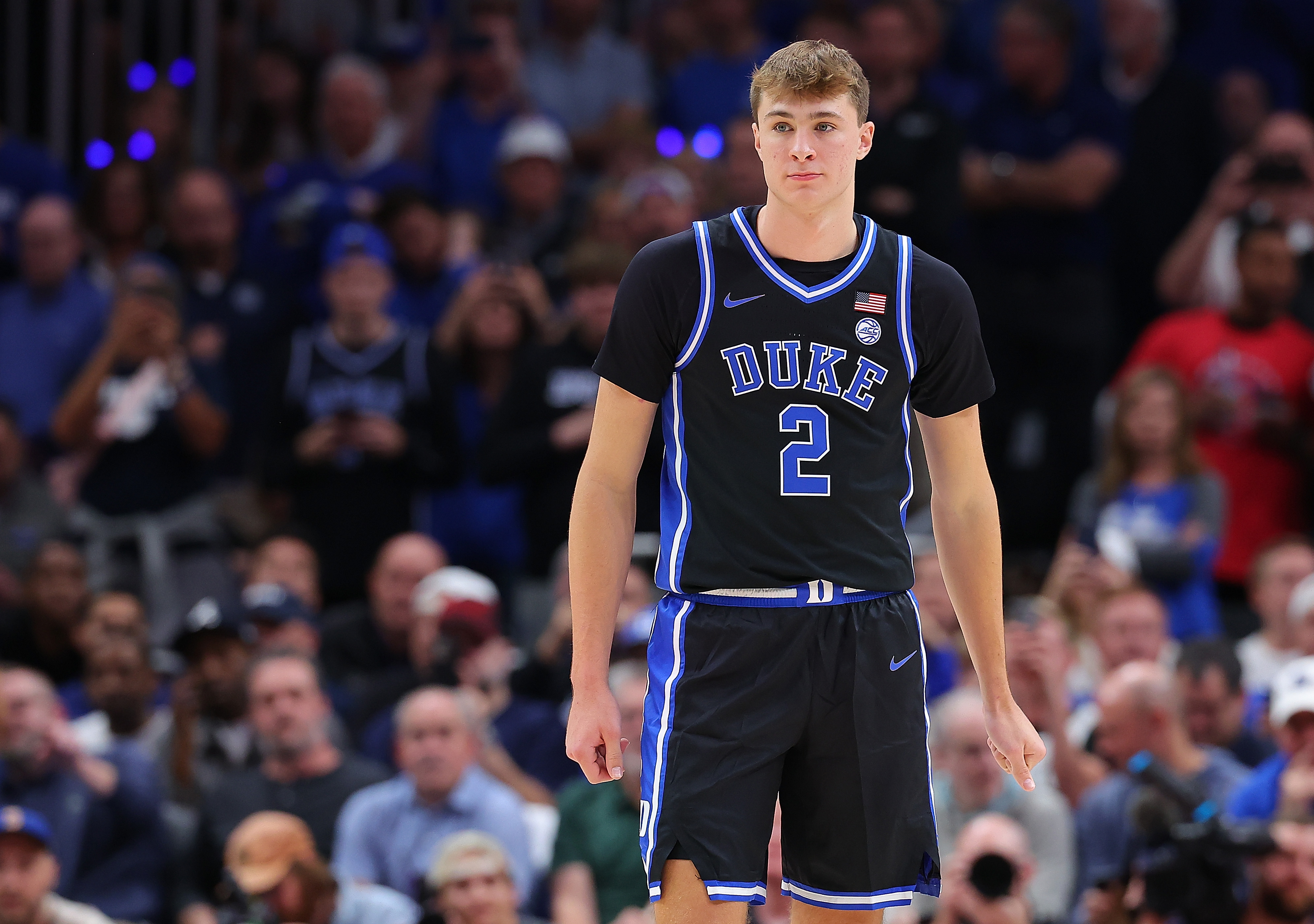The Supreme Court agreed to hear a case, despite asking whether the arguments were moot because petitioners hadn't gone through a lower court first.
On Friday, the Supreme Court agreed to weigh in on Congress' ability to delegate power to federal agencies. The government previously appealed the decision to invalidate the Universal Service Fund, which aims to provide affordable telecommunications services to low-income and rural families. A lower court found the organization violates the non-delegation doctrine within Congress.
Along with agreeing to hear the case, the Supreme Court told attorneys on both sides of the case to be prepared to argue whether the case is moot because of the challengers' failure to seek preliminary relief before the Fifth Circuit.

What is the Universal Service Fund?
In 1996, Congress created the fund through the Federal Communications Commission, and the law required telecommunication companies to contribute to it. That charge is often passed onto consumers on their monthly bills.
Opponents of the fund argue it's being unlawfully overseen by the administering nonprofit, in violation of the non-delegation doctrine, which prevents Congress from delegating its power to another entity.
The U.S. Court of Appeals of the Fifth Circuit nullified the program in a 9-7 decision. The decision came after the Sixth and Eleventh Circuit courts ruled against challenges to the non-delegation doctrine. The 5th Circuit said the funding method for the telecommunications program is unconstitutional since it gives too much authority to the Federal Communications Commission.
The Biden Administration argued that nullifying the program would "devastate" the FCC's ability to ensure funding for the program. Since there were conflicting lower court rulings, both the FCC and Consumers' Research, a conservative group fighting the fund, asked the Supreme Court to hear the case. In urging the Supreme Court to hear the case promptly, the Consumers' Research group said time was "of the essence" because funds are still being collected.
What's Next?
The case will likely be argued in late March after President-elect Donald Trump has taken office, according to the Associated Press.
If the Supreme Court rules against the FCC, it could restrict Congress' ability to pass open-ended laws giving agencies leeway in using their powers to regulate issues, such as banking and the environment.
Earlier this year, the Supreme Court ruled several times against federal agencies. In one ruling, the Supreme Court overturned a decades-old precedent that allowed federal agencies to interpret laws that were written ambiguously. The court sided along ideological lines with a 6-3 majority.
The Supreme Court previously denied two appeals from Consumer Research to hear the case.




















 English (US) ·
English (US) ·